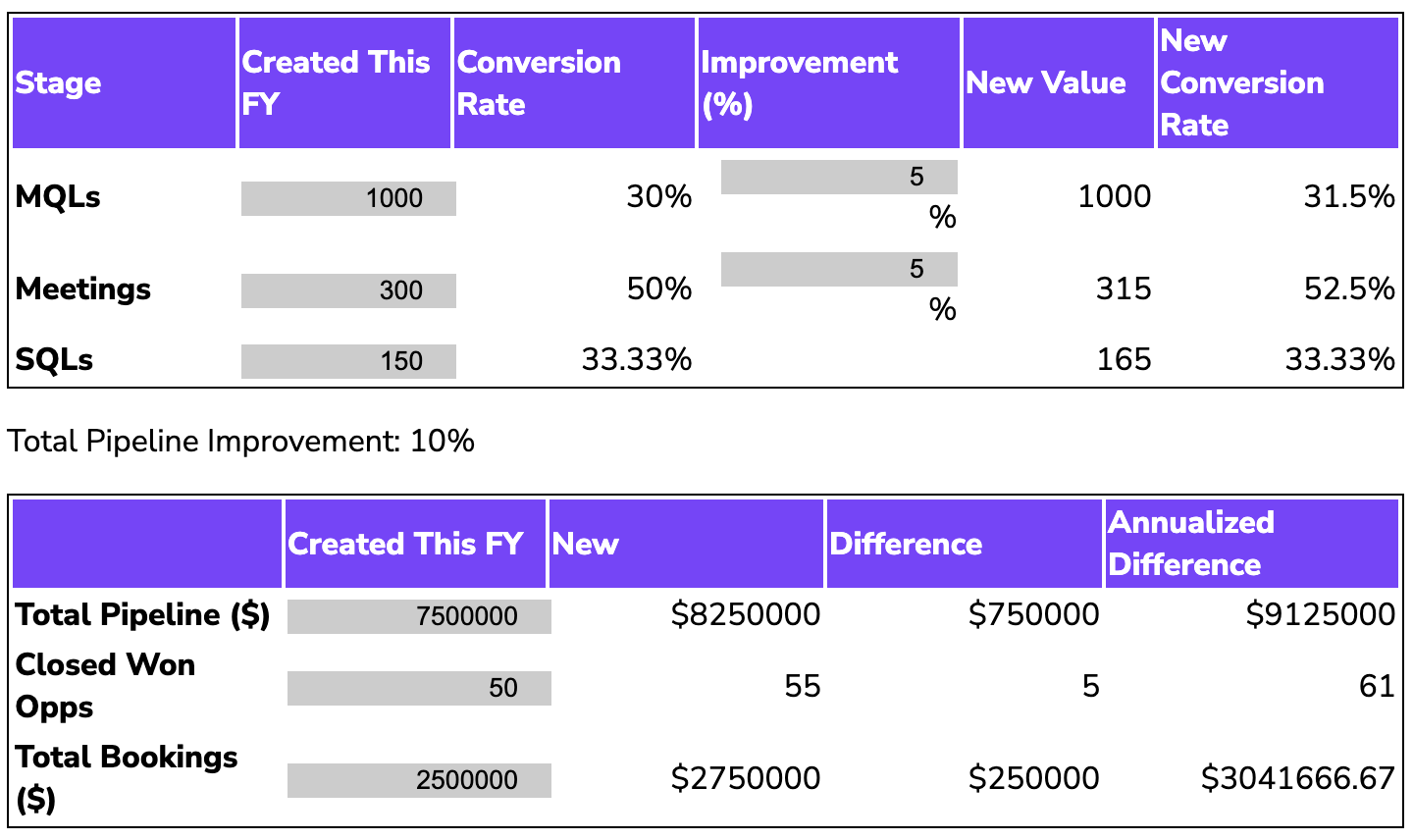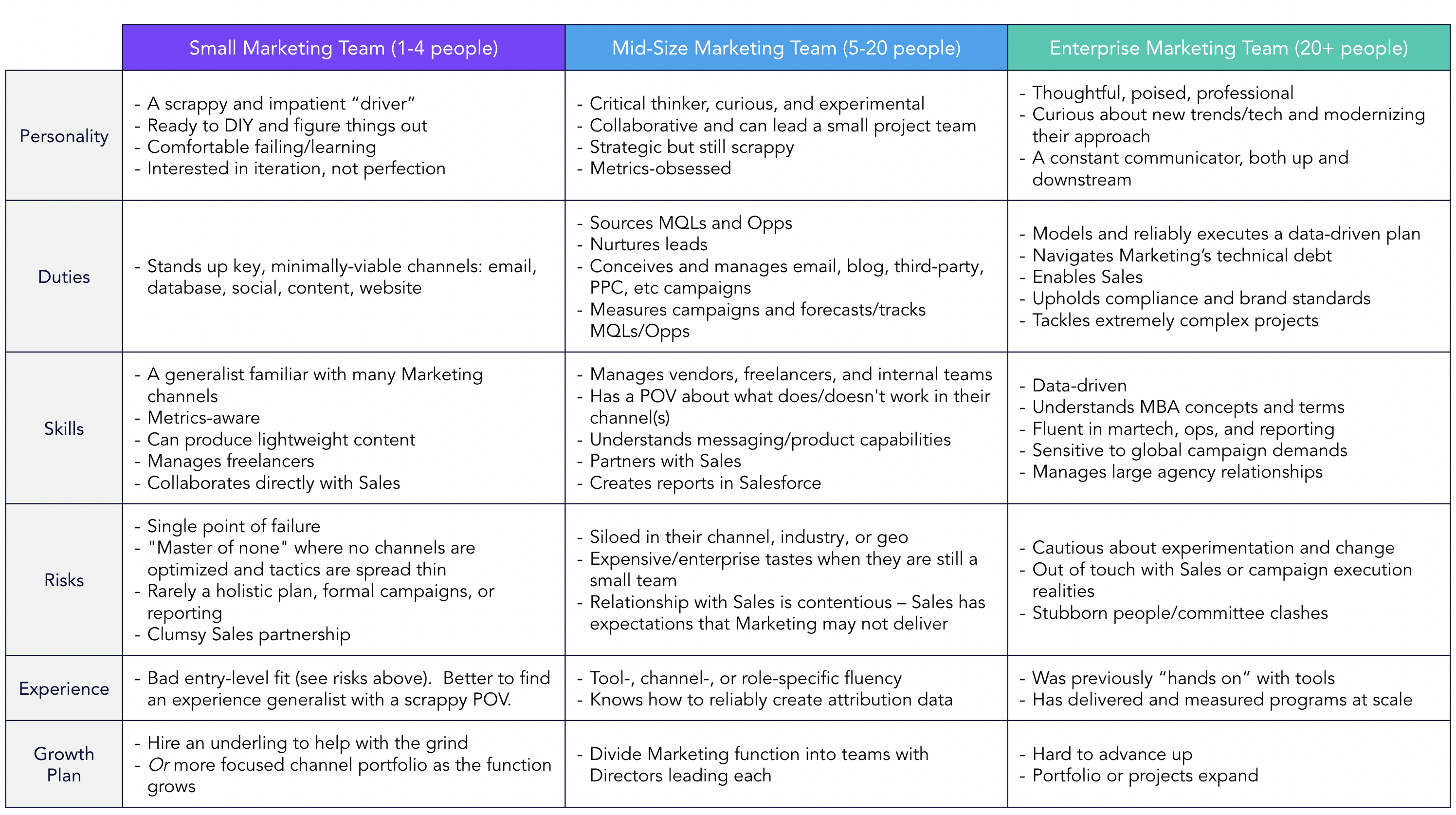Marketing trends can feel like a constant guessing game. There always seems to be some new piece of information that changes everything we think we know. The best way to stay on top of digital marketing is to keep an eye on what new technologies are being presented to consumers, and what new “buzz words” are popping up in the MarTech circles.
>> Related: The Demise of Inbound Marketing? <<
Missing emerging marketing trends can have a negative impact not only on your company’s outreach, but also on your bottom-line. Here are five emerging marketing trends to keep an eye on:
1. Brand and Demand Gen Unite
It used to be that brand and demand gen were entirely separate disciplines with different goals and different teams. Brand folks were creative, artistic, and cared about big ideas. Demand gen was more scientific and focused on leads, opportunities, and deals. As marketing teams faced increasing pressure to prove their value, brand campaigns struggled to produce metrics that mattered.
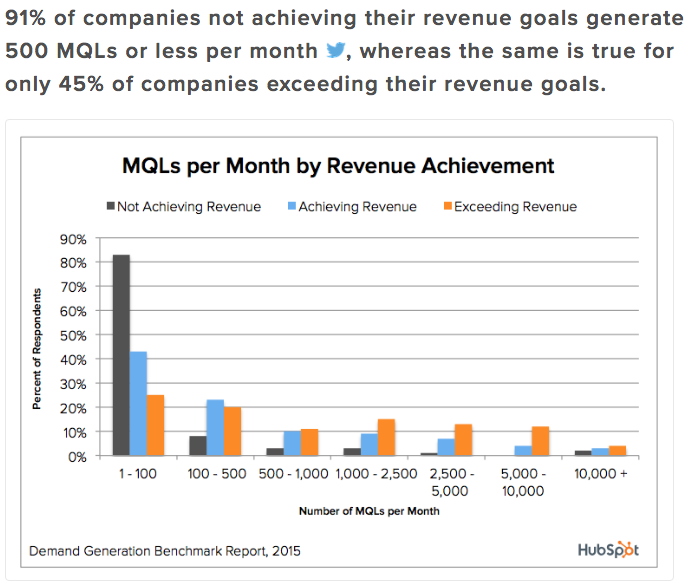

After spending hundreds of thousands of dollars and six months on a new creative suite, you couldn’t definitively say whether it was worth it. On the other hand, demand gen folks were realizing that their campaigns needed to be more than interruptions. While metrics are still the ultimate arbiter of success, marketers achieve the best results through creative means. Marketing has definitely become a science, but the way it’s carried out is still an artistic endeavor, which means brand and demand gen need to become more aligned going forward.
2. Going Beyond Just Email
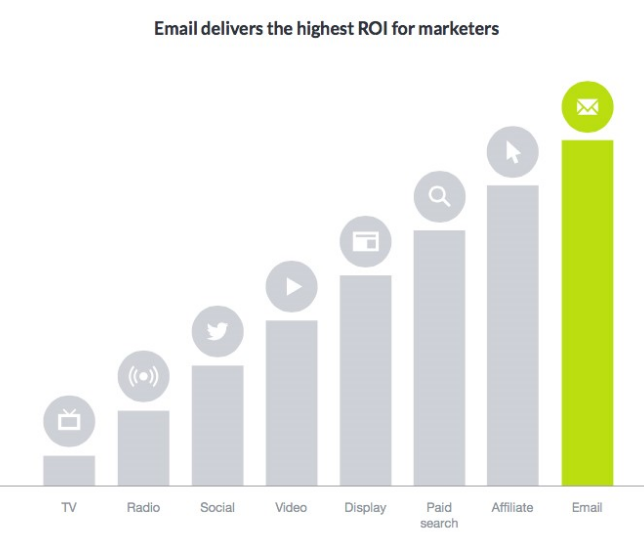

If you ask any marketer what their best channel is, they will invariably say email gives them the best results, dollar for dollar. I don’t see that changing anytime soon BUT email is getting crowded, and different buyers are engaging with different channels. Just as brand and demand gen teams need to be more aligned on vision, strategy, and results, so do they need to come together tactically to run more integrated campaigns across different channels.
3. Automation for Sales & Customer Success
I was reading through highlights from the Marketo Summit this week and one of the big themes was around automation for teams outside of marketing. This makes sense for vendors of course, but it also makes sense for brands. I think marketing could play a vital role in helping other departments go through a digital transformation when it comes to everyday operational processes. There is so much time and headcount wasted on manual communications and database maintenance that could be automated. This not only saves time and money, but it also drives a more consistent customer experience and enables better testing to optimize results, both of which should be high on marketing’s priorities.
4. More Data Please
It’s no shocker that marketers have become much more data-driven over the past 10 years, but we’re still far from the ideal. It’s still astonishingly difficult to create a report of all the leads created this week, sorted by individual campaigns. And multi-touch attribution and ROI analytics across campaigns and channels is still a pipe dream.
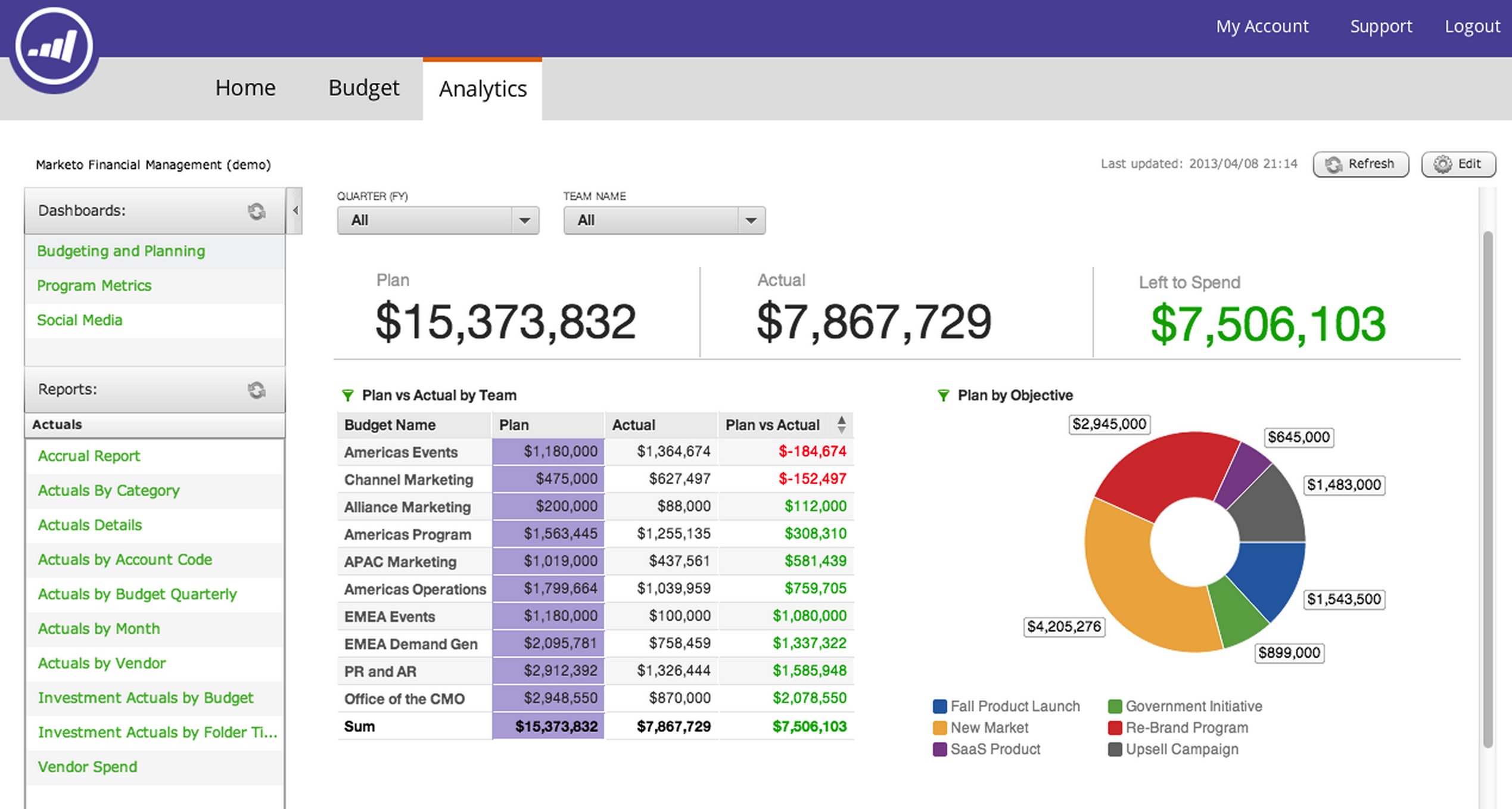

As more of the marketing mix consists of digital channels (or can be tracked through digital tools), it will become increasingly possible for marketers to get a handle on this data to understand their performance. The onus is on technology providers, however, to provide easy access to this information – because allocating cycles for reporting instead of running campaigns is not possible for most midmarket companies.
5. Social for Conversions
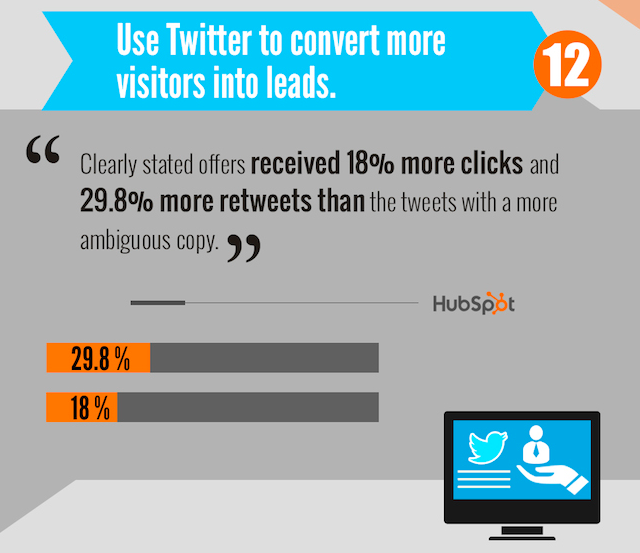

Social media has come a long way for marketers. While many still leverage social media for brand awareness vs. lead generation, LinkedIn, Twitter, and even Facebook are working hard to earn a larger share of the marketing budget by orienting their products around conversions.
From LinkedIn Sponsored Updates, Promoted Tweets, and Facebook’s Shop Now button, there are more and more options to generate leads and online sales from social networks. B2C companies have already started using these products in droves, but B2B companies have been slower to adopt.
Be active in your understanding of new emerging marketing trends, they are constantly being introduced. Explore on social media and around the web what others are having to say about these new trends and if there is any merit in investing time and resources to them. It may be that an emerging trend has no legs and should be forgotten, but you cannot afford to miss it all together. Keep your ear to the ground and be aware of what is new in the field of marketing – weed out the bland information, and capitalize on what is important.
Image via Giphy
Planning doesn’t have to be painful. This 42-page workbook helps you comb through campaign stats, coordinate the team, and answer marketing’s toughest questions: What worked? What content do you need? And what can you afford?


